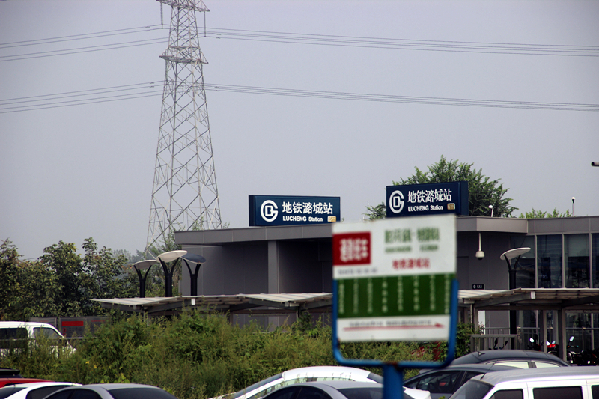An administrative shift for the better
China Daily, March 23, 2016 Adjust font size:
|
|
|
Lucheng town in Tongzhou where Beijing will relocate municipal administrative bodies. |
Beijing is expected to make substantial progress by 2017 in transferring its departments in charge of political and cultural functions to Tongzhou district, its new "subsidiary administrative center".
Along with the municipal government, the Beijing municipal committee of the Communist Party of China, the people's congress of Beijing, the Beijing municipal committee of the Chinese People's Political Consultative Conference, and about 400,000 State employees are expected to be relocated to the city's Tongzhou district. Li Shixiang, vice-mayor of Beijing, released the relocation timetable earlier this month.
As Beijing's non-capital functions will be relocated to the new administrative center, in order to rid it of the "urban disease", the move is being closely watched by observers. Of course, the shift has been necessitated for certain reasons.
Governments at all levels basically adopt a top-down approach while dealing with official affairs. In other words, China's central government does not need as many civil servants as other countries do: officials at the central level in the country account for only 6 percent of all public servants, compared with the global average of about 33 percent. Likewise, the relocation of local government offices involves only high-ranking officials, not lower-level officials who interact directly with the public.
To stimulate economic growth and increase their revenue, local governments often compete with each other to attract investments for local industries, leading to frequent inflow and outflow of people. In this regard, if government offices are relocated to a new place, it is likely to boost local growth, for instance, by creating more opportunities for land development and construction and thus attracting more business.
